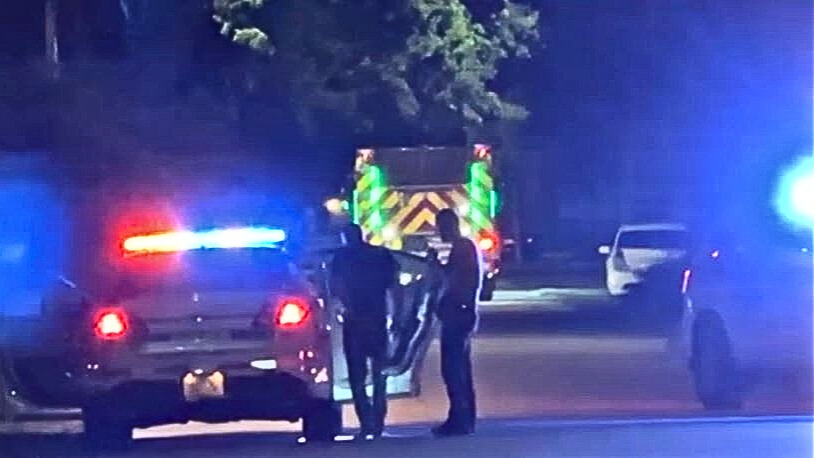Drivers in Florida are already supposed to move over for emergency vehicles and tow truck drivers that are pulled over on the side of a highway, and now lawmakers are taking things further with the state’s "Move Over" law.
“Unfortunately hundreds of people are killed on the roadside and these are deaths that could be prevented all if you just move over,” said Mark Jenkins, a spokesperson for The American Automobile Association (AAA).
Last week, Gov. Ron DeSantis signed HB 425, which strengthens the state’s existing "Move Over" law to include moving over for all disabled vehicles that are stalled on the side of the road with their hazard lights on or with emergency flares or signage.
This is an added measure from the current law, which requires drivers to move over from the lane closest to stopped emergency vehicles, sanitation vehicles, utility service vehicles, and construction vehicles when driving on interstates or highways.
Get South Florida local news, weather forecasts and entertainment stories to your inbox. Sign up for NBC South Florida newsletters.

“The current law requires you to slow down and move over for tow truck drivers and first responders, but right now there was really no additional protections for everyday drivers like people who get a flat tire or dead battery on the roadside," Jenkins said. "The law does not require you to move over for those people, so with this expanded law, this will help enhance the protections, extending them to everyday drivers as well."
Florida will now be the 17th state that requires drivers to also move over for broken down cars on the roadside, not just for emergency vehicles.
Local
If a driver cannot safely move over, the law requires motorists to reduce their speed to 20 mph less than the posted speed limit.
“Yes, I think everyone should move over because that keeps everybody safe. Not just the police, but passengers and everybody else,” said driver Denise Culpepper.
“I think it’s a good thing for people to move over because it could prevent an accident or someone getting hurt," said driver Janie Kondell. "It’s a very good thing. I think it will be hard to enforce, but there should be some kind of fine, I think."
Violators could be pulled over and face fines between $60-$158. Statistics from AAA show deaths on the side of the road are a growing problem.
“About 350 people are killed every year outside of a disabled vehicle or on the roadside, and on average, about two first responders or tow truck drivers are killed every month, so this is a big problem and the hope is that this expanded law will help reduce those unnecessary deaths,” Jenkins said.
Enforcement of the law is expected to start on Jan. 1, 2024.



